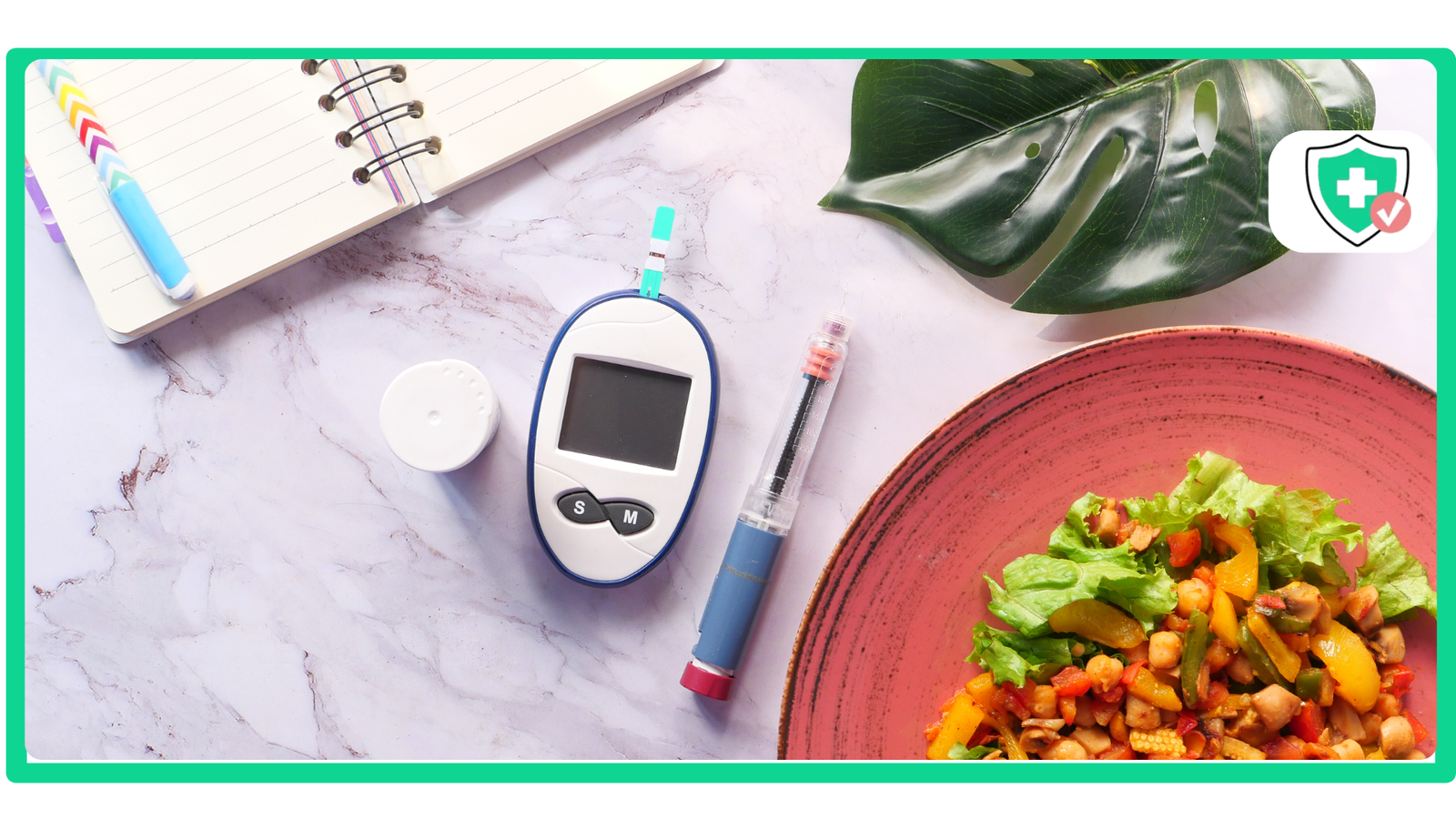If you have started taking semaglutide for your weight loss goals, you might be feeling some new things in your body. One of those might be a burning feeling in your chest after you eat. This can make you ask a very common question: does semaglutide cause heartburn?
The simple answer is yes, for some people, it can. It is a known side effect that is actually pretty common. But the good news is that even though it feels uncomfortable, it is usually very easy to manage.
This article is here to help you understand why this happens. We will also give you some simple and effective tips to cool down that burning feeling. At Semaglutide Medics, we think that helping you with side effects is a very important part of your health journey.
The Link Between Semaglutide and Your Digestive System
To understand heartburn, it helps to first understand how semaglutide works. The real magic of this medicine is that it slows down how fast food leaves your stomach. This is a good thing for weight loss.
This process is sometimes called delayed gastric emptying. It is great because it helps you feel full and satisfied for a much longer time, even when you eat less food. However, this same action that helps you lose weight is also the main reason you might be feeling that burn.
Why Does Semaglutide Cause Heartburn? The Main Reasons
So, how does a slow stomach lead to a burning chest? There are a couple of simple reasons for this.
Slower Stomach Emptying
Because the food you eat stays in your stomach for a longer time, the acid in your stomach also hangs around for longer. Your stomach acid is very important for breaking down food.
But when that food and acid stay in your stomach for hours, there is a bigger chance that some of it can splash back up. It can splash into the tube that connects your throat to your stomach, which is called the esophagus. That splash of acid is what causes that uncomfortable burning feeling we call heartburn.
Pressure on the Esophageal Sphincter
You can think of the opening between your stomach and your esophagus as a tiny little door. This door is supposed to stay shut to keep acid in your stomach where it belongs.
When your stomach is full of food for a long time, it can create pressure. This pressure can push up against that little door. Sometimes, the pressure can push the door open just a tiny bit, which lets the acid escape. This is a very direct answer to “does semaglutide cause heartburn?”—it is all about simple pressure.
Simple Lifestyle Tips to Manage Heartburn
The best news is that you don’t have to just live with the discomfort. There are many easy things you can do in your daily life to help prevent and relieve heartburn.
1. Eat Smaller, More Frequent Meals
Instead of eating three big meals a day, you can try eating five or six smaller meals. A stomach that is stuffed full of food will create a lot of acid and a lot of pressure.
If you eat smaller meals, you put less food in your stomach at one time. This means less pressure on that little door and a smaller chance of acid splashing back up.
2. Avoid Common Trigger Foods
Some foods are famous for making heartburn worse. It can be helpful to pay attention to what you eat to see what might be a trigger for you.
Common trigger foods include things that are spicy, greasy, or very fatty. Other things like chocolate, coffee, and acidic foods like oranges and tomatoes can also cause problems for some people.
3. Stay Upright After Eating
Gravity can be your best friend when you have heartburn. After you finish a meal, try your best not to lie down or lean back in a recliner for a few hours.
When you are sitting or standing up, gravity helps keep the acid down in your stomach. Lying down makes it much easier for that acid to slide back up into your chest.
4. Elevate Your Head While Sleeping
If heartburn bothers you the most at night, you can use gravity to help you then, too. Try raising the head of your bed by a few inches. You can put strong blocks under the legs of your bed or use a special wedge-shaped pillow. This gentle slope can help keep your stomach acid from creeping up while you are asleep.
When to Consider Over-the-Counter Options
For heartburn that only happens once in a while, a simple over-the-counter antacid can give you very fast relief. These are the chalky tablets or liquids you can buy at any pharmacy.
However, you should not use these every day for a long time without talking to a doctor. It is always best to ask a medical professional before you start taking any new medicine, even one from the grocery store. Our patient-first way of doing things, which you can read about on our about us page, is all about making safe, doctor-led plans.
Note: A great healthcare plan shouldn’t have financial surprises. To help patients focus on feeling better, we’ve simplified the process. The Semaglutide Medics program provides your medical consultations, prescription, and the medication itself—with free home delivery—for a clear monthly price of $299. This allows our team to focus on helping you manage side effects like heartburn, without you worrying about hidden fees.
Conclusion: A Manageable Side Effect
So, let’s review the main question: does semaglutide cause heartburn? Yes, it can, and it happens because of the same reason the medicine works so well for weight loss.
But for most people, it is a side effect that is easy to control with a few simple changes to your daily habits. By being careful about what and how you eat, you can usually stop the burn and continue on your successful health journey.
If you are ever struggling with this or any other side effect, remember that help is available. Please contact us to learn how our supportive and friendly team can help you.
Sources:
- U.S. Food & Drug Administration (FDA) Medication Guide for Semaglutide: https://www.accessdata.fda.gov/drugsatfda_docs/label/2021/215256s000lbl.pdf
- National Institute of Diabetes and Digestive and Kidney Diseases (NIDDK) – Acid Reflux (GER & GERD) in Adults: https://www.niddk.nih.gov/health-information/digestive-diseases/acid-reflux-ger-gerd-adults
- American Gastroenterological Association (AGA) – Heartburn and GERD: https://gastro.org/clinical-guidance/management-of-gastroesophageal-reflux-disease-gerd/?swpmtx=0eee3c8f40265d354fac751b154aed05&swpmtxnonce=b71e9f8e1e









